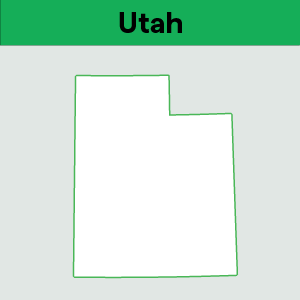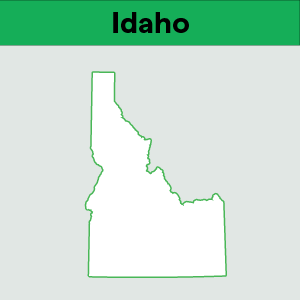Economic nexus laws by state: Indiana
by March 1, 2025
State laws on economic nexus vary and it’s hard to keep up if you’re doing business in multiple states. We’ve done the research for you and here’s all the information you need to know about economic nexus in Indiana.
What is economic nexus in Indiana?
With the recent South Dakota v. Wayfair Supreme Court ruling in favor of South Dakota, states are now free to pursue sales tax from eCommerce businesses who have a “significant presence” in their state.
Significant presence or “nexus” was preciously defined as having a physical presence (brick & mortar store or inventory in a fulfillment center like FBA). But with this recent ruling, now this definition has been expanded to include economic activity in a state as well. This concept of triggering sales tax responsibility because of your economic activity in a state is now referred to as economic nexus.
Most importantly, what this means is that if you pass a state’s economic threshold for total revenue in that state and/or number of transactions in that state, you’re now legally required to register, collect and remit sales tax for that state.
What’s the threshold for economic nexus law in Indiana?
- State: Indiana
Threshold: Indiana law requires a seller without a physical location in Indiana to obtain a registered retail merchant’s certificate, collect and remit applicable sales tax if the seller meets the following condition in the previous or current calendar year: Gross revenue from sales into Indiana exceeding $100,000, including sales that are not subject to sales tax or are considered tax exempt.
- Summary: According to state law, sellers who exceed either the gross sales threshold are required to register for an Indiana sales tax permit, collect sales tax on sales that ship to Indiana, and remit that sales tax to the state.
- Full text: You can read the text of Indiana’s economic nexus law here, and a summary on p. 13 here. You can read guidance from the Indiana Department of Revenue here.
When did this Indiana law go into effect or is it planned?
This law went into effect on October 1, 2018. Indiana removed the 200 transaction threshold effective March 29, 2024.
I meet the economic threshold requirement in Indiana. Now what?
Here’s a quick checklist of what to do next:
- Register for a sales tax permit in Indiana (info below)
- Choose a technology like TaxJar to help you manage multi-state compliance. Sign up for a free 30-day trial to see how we can help you save time.
- Connect TaxJar once to all of the places you sell
- Ensure all your e-commerce channels are setup correctly to collect sales tax
- Enroll in AutoFile and tell us how often you need to file
- Relax, you now handled your sales tax exposure. We’ll handle the rest for you.
Can you help me register for a sales tax permit?
Certainly! TaxJar offers these two options:
- Read our do it yourself instructions for every state
- Visit our registration page to request TaxJar manage your Indiana registration for you.
Who can handle my Indiana sales tax filings for me?
At TaxJar, we help more than 10,000 sellers manage their sales tax needs every month. We help your business save on submitting your returns with our automated filing service called AutoFile. Read more about how AutoFile can handle all of your returns in as many states as you’d like.
I’ve met this threshold in Indiana, now where can I ask questions?
Above all, we recommend speaking with a vetted sales tax expert to answer specific questions for your business.
I’m close to meeting this threshold for Indiana. Will TaxJar notify me when I reach it?
Yes! With TaxJar’s Economic Nexus Insights Dashboard, you can see where your business currently has nexus, where your business is approaching nexus, and recommended next steps on how to begin complying with sales tax in all states.
Proactive notifications let you know when you’re approaching or have reached thresholds, so you can stay in front of any changes to your nexus requirements.








